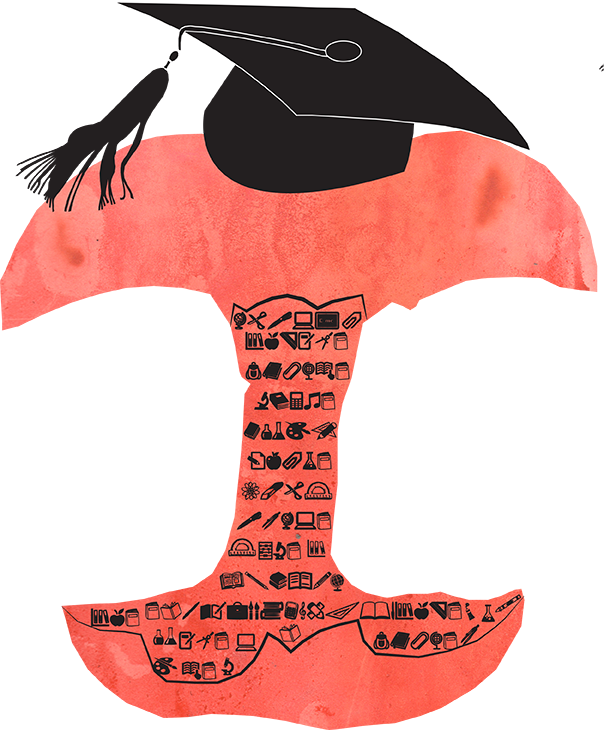Committee proposes ‘Loyola Core’
A revised version of the common curriculum seeks to provide a universal program of studies across the university
April 9, 2015
With every student on a different page, Loyola’s common curriculum turns out to be not so common to all, and the new proposed Loyola Core seeks to fix that.
John Sebastian, director of the common curriculum, recently
introduced the Loyola Core, a revised version of the common curriculum, to the Standing Committee on the Common Curriculum, a committee made up of representatives from across the university.
The Loyola Core would eliminate some requirements of the current common curriculum so that every student would take the same set of classes regardless of his or her major.
Sebastian said that changes came from the lack of unity the existing common curriculum presented when it came to students completing their 51 common curriculum credit hours. He said that he had been working to streamline the common curriculum for around a year and a half.
“Some folks are doing as few as 24 hours of common curriculum coursework in the most restricted programs, and some students are doing all 51 hours and all kinds of things in between, so there’s a lot of inconsistency,” Sebastian said.
The proposed Loyola Core includes 39 credit hours that include classes like diversity and the Catholic tradition, while cutting out other requirements, such as language, and including those within the requirements for different majors, Sebastian said.
“If everyone is kind of doing a little bit of this or a little bit of that, it’s hard to make sure that students are coming up with the same values. So the idea was to see if we could find some truly common set of experiences that our students would have, instead of having some idealized version that everyone did a piece of,” Sebastian said.
Sebastian said that the two-year language requirement first installed in the fall of 2013 had to be rolled back to one year because it was difficult to staff a wide variety of languages, and certain programs, such as those for music and business majors, didn’t actually require students to take a language.
“It was part of the menu, but they weren’t required to take it. Although we had this foreign language requirement, it wasn’t actually a common part of the curriculum,” Sebastian said.
Sebastian said that his expectation has always been to remove language requirements from everyone’s core, but then to ask different colleges to include language as they saw fit.
Don Hauber, member of the Standing Committee on the Common Curriculum and professor and associate chair of biological
sciences, said that the common curriculum developed in the late ‘60s and early ‘70s and evolved into what students and faculty are familiar with today through a series of small changes. He said that while there have been changes, the structure of the common curriculum has always been the same for the most part.
“If it changes again, it will be because we created something that is partly unwieldy and partly overbearing for some of the colleges, and we wanted to make it so all of the students were taking a particular core,” Hauber said.
Hauber said that he likes the idea of a common core that every student would take.
“We’ve had discussions in the natural sciences about it and we agree, and I personally agree that there should be a core that all the students are taking. I agree that that’s a reasonable goal; getting there will be the issue,” Hauber said.
Kristen Herrero, marketing and management sophomore, said that she likes the idea of the Loyola Core because the current common curriculum takes away time that students could be using to focus on their major instead.
“Although I do believe in the idea of being a well-rounded person that the common curriculum provides, I just simply do not see why it is necessary to take the advanced portion of the curriculum. Many students want to double major and the advanced portion of the common curriculum makes it difficult to schedule the classes that they need,” Herrero said.
Since none of these changes are final, Sebastian said that he is open to other ideas, and that he simply wanted to get a conversation started about a revised version of the common curriculum.
“Everybody’s proposing alternatives or other ideas, so if some kind of change actually comes out of this process, it may very well look totally different from that original proposal, and that’s fine,” Sebastian said.








Leo McLean • Apr 16, 2015 at 1:29 pm
As an alum who 50 years ago took scads of career-directed journalism courses and the usual English, foreign language, history etc. The only courses I value today are in theology, philosophy and history.